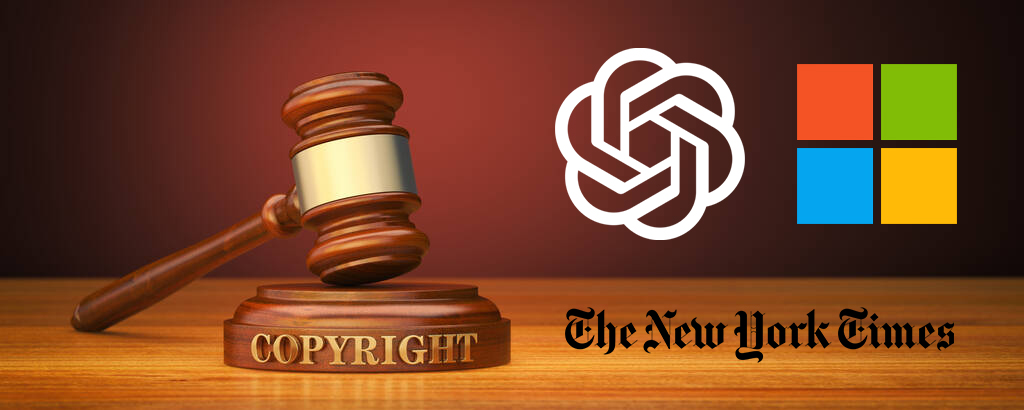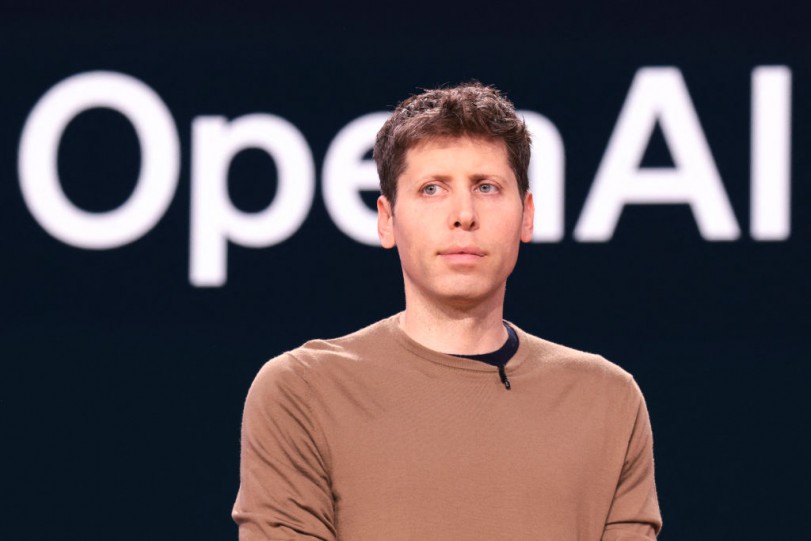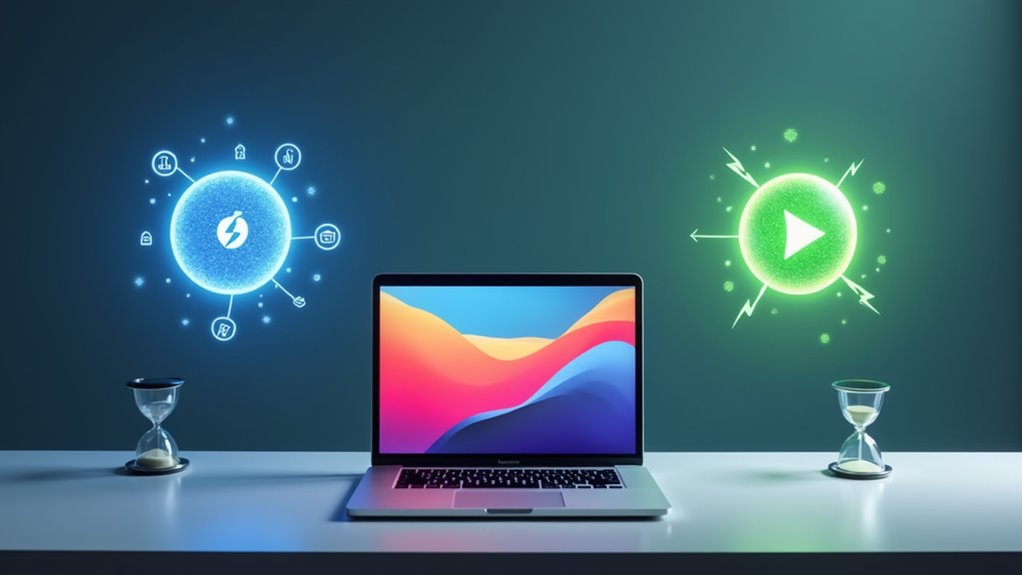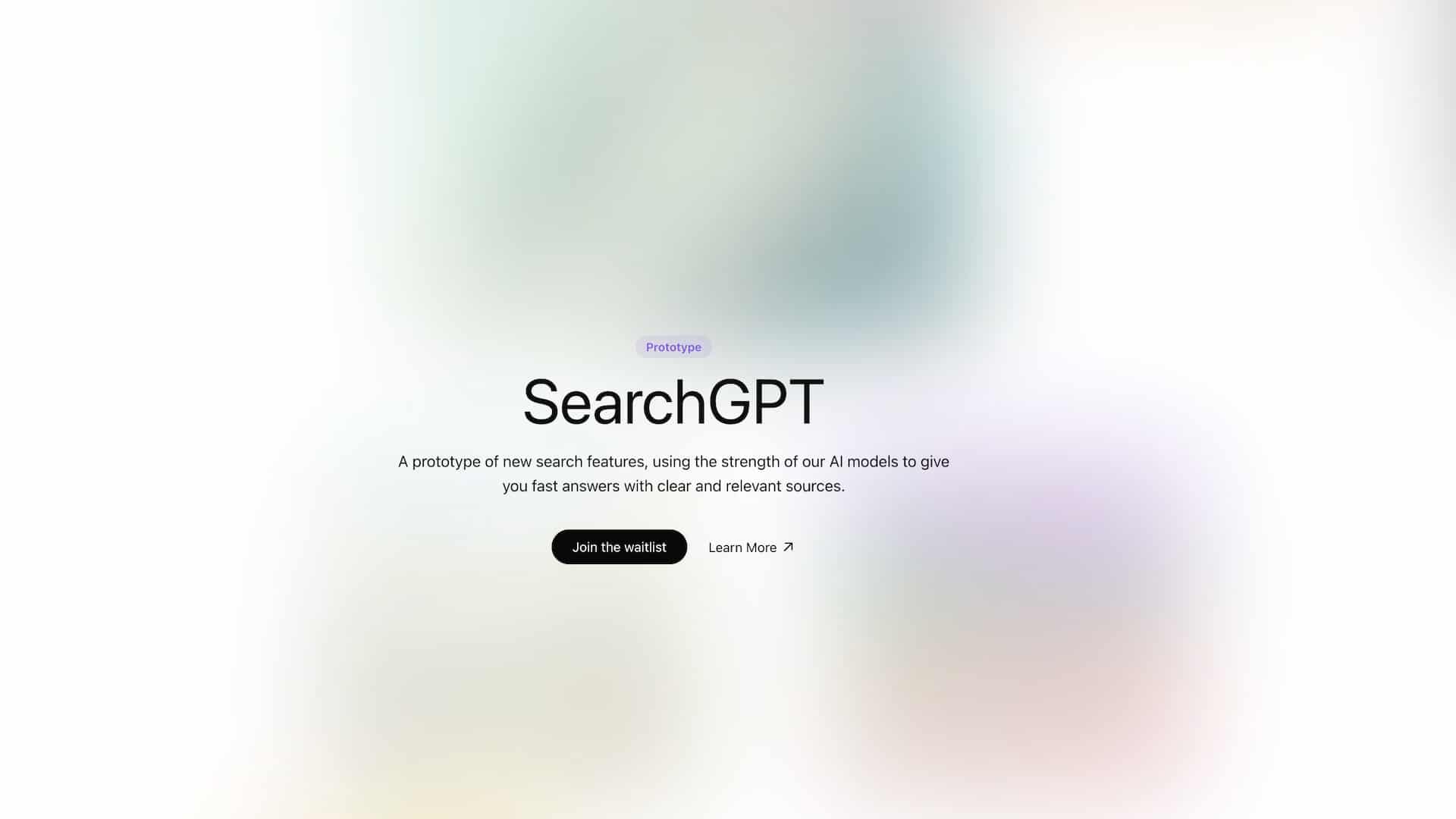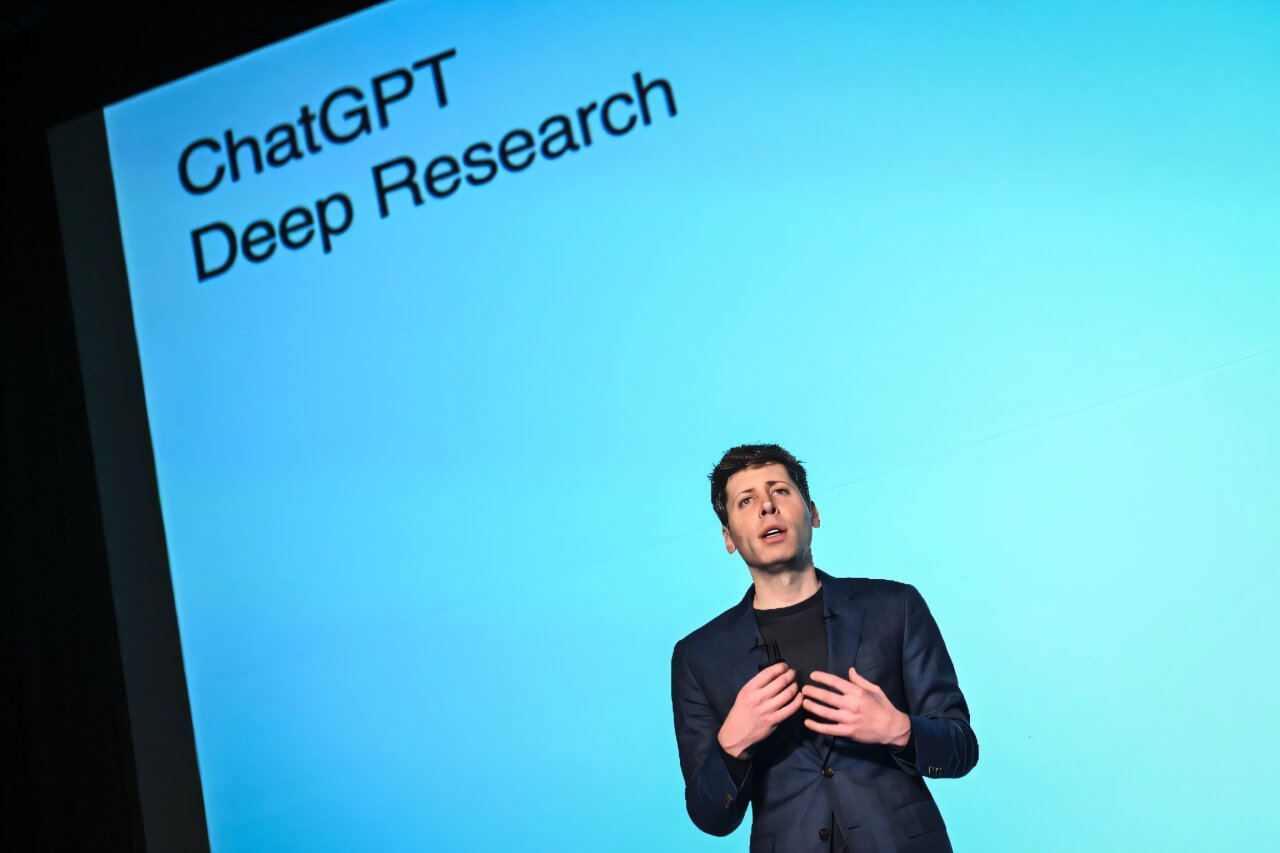The New York Times has filed a lawsuit against OpenAI and Microsoft for copyright infringement related to ChatGPT and other AI systems.
While the headlines make it sound like the end for generative AI, legal experts say this lawsuit likely won’t succeed.
Lawsuits against new technologies are common throughout history.
When automobiles first emerged, there were lawsuits trying to limit their speed below horses!
This is because new innovations inevitably disrupt the status quo, which causes anxiety and resistance.
The core issue is that copyright law was established before AI existed.
There is no precedent for how to handle these systems.
Past lawsuits against AI for copyright have largely failed because courts ruled the AI transforms the data, rather than simply duplicating it.
It will be difficult for the New York Times to prove concrete harm from any copyright infringement.
Even if OpenAI did use Times articles for training, existing case law allows this transformative use.
The bigger issue may be that ChatGPT and Bing are reproducing full paywalled articles.
But this could simply be because the search functionality finds cached versions online, not due to what was in the training data.
Ultimately, expect this lawsuit to fizzle out like previous ones against AI.
It may force some minor changes in transparency around training data sources.
But the chances of ChatGPT being “deleted” are essentially zero.
The best outcome would be clear Supreme Court precedent on AI and copyright.
But we likely won’t see that for years given how new this technology is.
Until then, expect more hand-wringing and fearmongering about the implications of generative AI.
But the momentum behind this innovation is too strong to be derailed by any single lawsuit.
